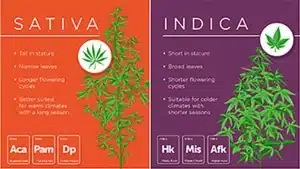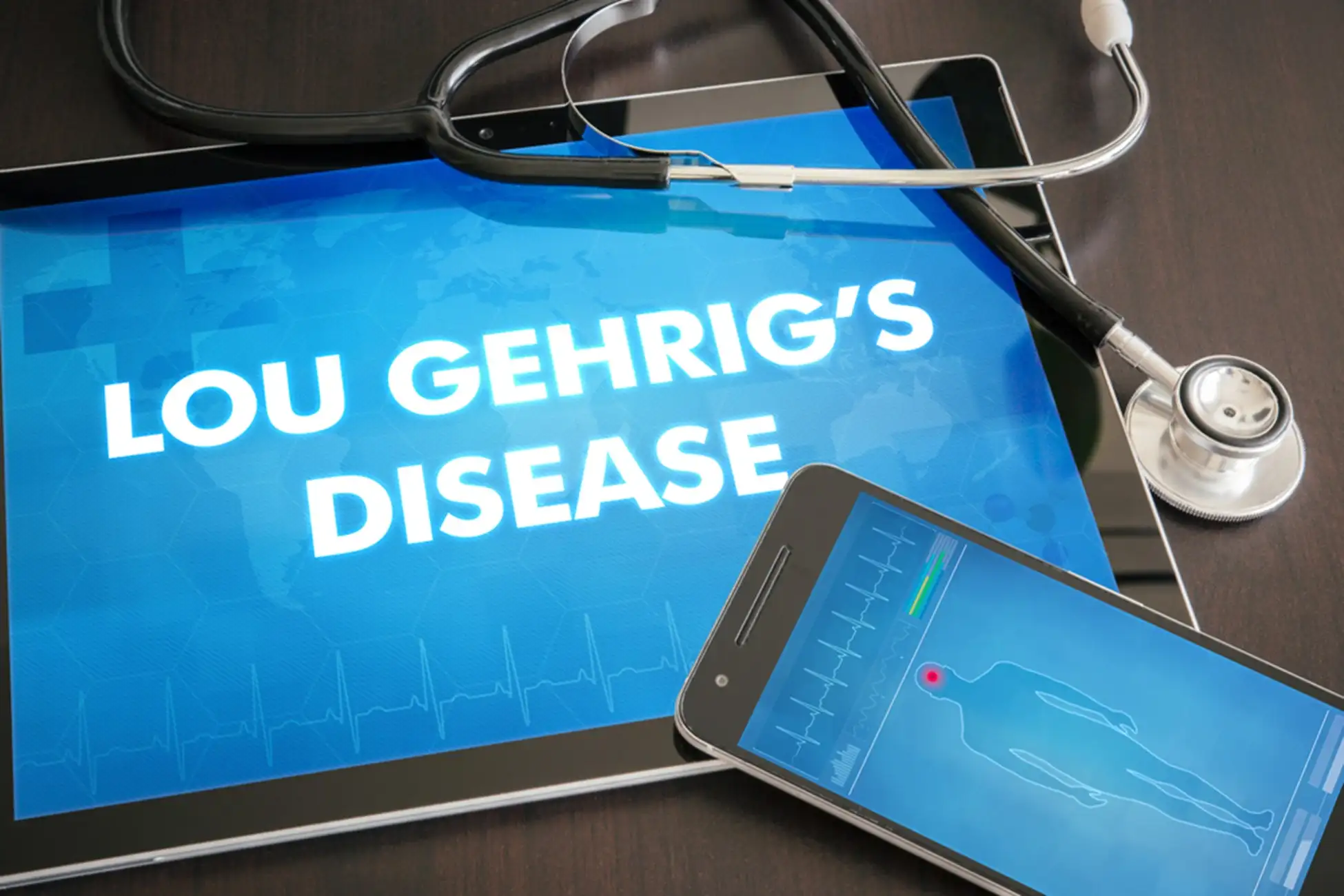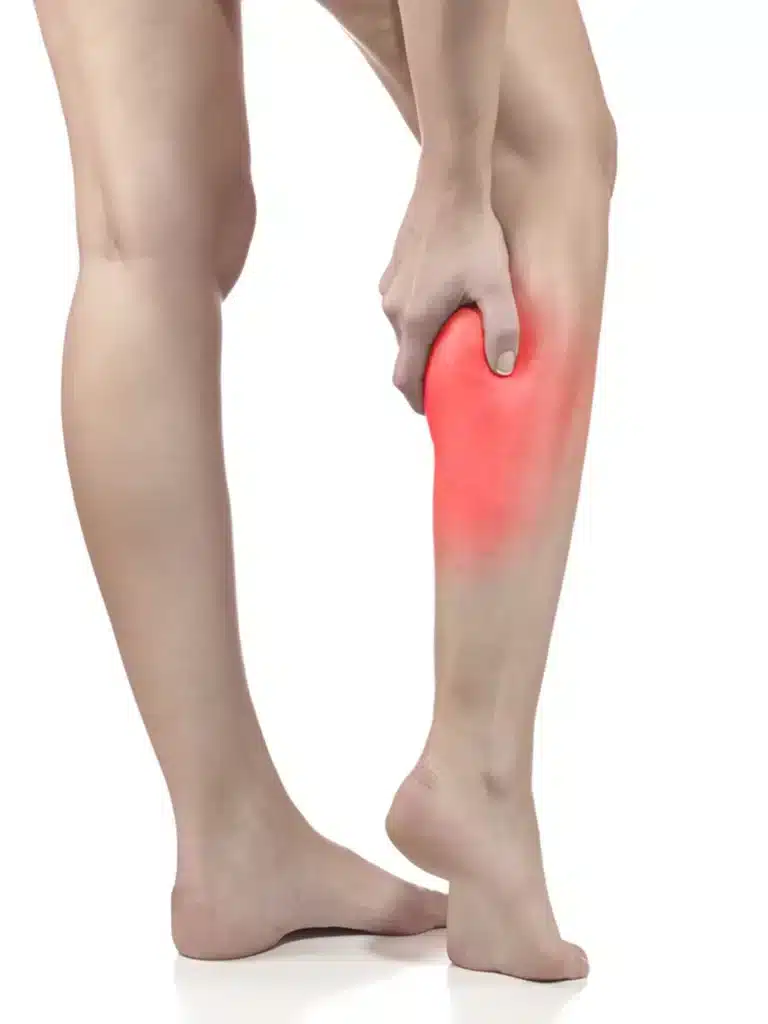
How MMJ Health can help ALS Patients
Amyotrophic lateral sclerosis (ALS), also known as Lou Gehrig’s disease, is a rare, progressive, neurological condition in which the long motor neurons in the brain cortex and spinal cord deteriorate and die. The associated voluntary muscles waste away, causing symptoms such as muscle spasms, cramps, rigidity, pain, inflammation, and paralysis.
ALS affects an estimated 30,000 Americans at any given time. It often appears suddenly in otherwise healthy adults between the ages of 40 and 70.
There is currently no known cure. Available treatments strive to alleviate symptoms, improve quality of life, and prolong survival.
Medications that protect the brain and remove free radicals from the body can help to manage symptoms and possibly slow the progress of the disease. Nutrition, cognitive behavioral therapy, and therapy for breathing, speech, and movement may also improve quality of life.

Medical marijuana offers relief from neurological symptoms, including muscle spasms, seizures, and involuntary movements. ALS patients report easier breathing, reduced salivation, and less pain, along with improvement in mood and more regular sleep patterns.

Early symptoms of ALS depend on which muscles are being affected. The first symptoms of ALS are typically weakness in a hand or leg, with loss of dexterity or problems with balance or walking. Some people experience slurred or nasal speech, excessive choking, and difficulty chewing and swallowing.
Common symptoms include:
There are two main types of ALS:
This is the most common form of ALS, accounting for around 90% of all cases. Sporadic ALS occurs randomly and without a clear genetic link.
This type of ALS is inherited and accounts for around 10% of all cases. Familial ALS is caused by a genetic mutation that is passed down from parents to their children.
To diagnose ALS, a comprehensive medical evaluation is needed. Here are some steps a doctor may take to diagnose the condition:
The diagnosis of ALS is often challenging, and the doctor may need to repeat some of these tests over time to confirm the diagnosis.

While there is no cure for ALS, some terpenes have shown potential in providing relief to patients. Here are some terpenes that may be beneficial for those with ALS:
known for its sedative effects and ability to reduce inflammation, Myrcene may help with muscle spasms and pain.
has shown to have neuroprotective effects and can help with anxiety and depression, which are common symptoms in ALS patients.
with anti-inflammatory properties, Pinene may help reduce inflammation in the brain and spinal cord. Additionally, it has shown potential in improving memory and cognitive function, which can be impaired in ALS patients.
known for its sedative and relaxing effects, Terpinolene may help with muscle spasms and also has antioxidant properties that may help protect nerve cells from damage.
Some strains of cannabis may help alleviate some of the symptoms associated with the condition. Here are some of the best cannabis strains for ALS:
This cannabis strain may help alleviate symptoms commonly associated with ALS, such as spasticity, muscle cramps and pain by promoting muscle relaxation and pain relief. Its high THC content may increase appetite and combat weight loss as well. In addition, Green Crack may provide some individuals with temporary relief, improved mood and thus contributes to an overall better quality of life.
A strain known for its relaxing and sedative effects, it may help alleviate muscle tension and promote a sense of relaxation and relief. In addition, with its potential analgesic properties, it may also provide relief from pain and discomfort associated with ALS. Muscle weakness, anxiety and discomfort usually lead patients to have difficulty sleeping. It is believed that the sedative effects of Afghan Kush may assist in improving sleep quality and duration while promoting a sense of tranquility at the same time.
There are several online tools available that can be helpful for individuals living with ALS. These tools can assist with communication, organization, and daily living activities. Here are some of the best online tools for ALS:

Growing evidence suggests marijuana-based therapies may work better than current FDA-approved medication in treating ALS; research suggests marijuana’s antioxidative, anti-inflammatory, and neuroprotective properties could slow disease progression.
Cannabis has also demonstrated efficacy in treating the following ALS symptoms:
1. Excessive salivation
2. Involuntary movements
3. Muscle spasms
4. Pain
5. Seizures
According to a 2010 study published by Rehabilitation Medicine and Palliative Care:
“Ideally, a multi-drug regimen, including glutamate antagonists, antioxidants, a centrally acting anti-inflammatory agent, microglial cell modulators (including tumor necrosis factor alpha [TNF-a] inhibitors), an antiapoptotic agent, one or more neurotrophic growth factors, and a mitochondrial function-enhancing agent would be required to comprehensively address the known pathophysiology of ALS.
Remarkably, cannabis appears to have activity in all of those areas. Preclinical data indicate that cannabis has powerful antioxidative, anti-inflammatory, and neuroprotective effects.”
Medical marijuana is a promising treatment option for ALS patients as it may help alleviate symptoms such as muscle spasticity, pain, and appetite loss. If you or a loved one is suffering from ALS, we encourage you to consider medical marijuana as a potential treatment option. Our team of experienced physicians at MMJ Health is ready to assist you in exploring the benefits of medical marijuana. Book an appointment with us today to learn more about medical marijuana and how it can help you manage your ALS symptoms.